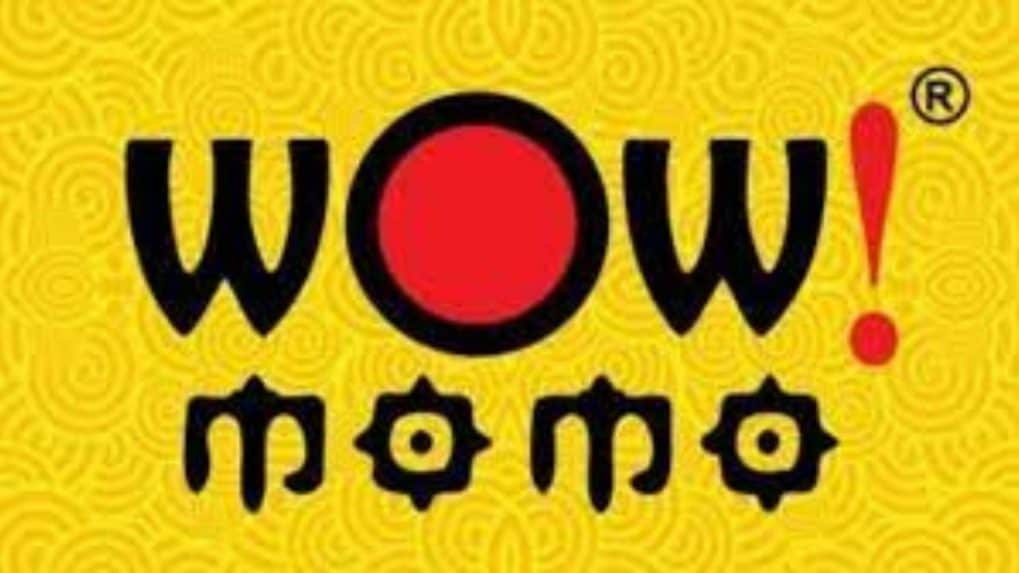How it Works
WPP, Havas, Omnicom: Are advertising’s biggest holdcos recasting agencies as AI Operating Systems?

The Delhi High Court has temporarily halted the multi-cuisine restaurant chain Wow Punjabi from using a mark closely resembling that of the fast food giant Wow! Momo, Bar and Bench reported.
"Balance of convenience lies in favour of plaintiff and plaintiff is likely to suffer irreparable harm in case the injunction, as prayed for, is not granted," read the court order dated March 22.
The court session revolved around a petition filed by Wow! Momo, seeking a permanent injunction against Wow Punjabi, citing trademark infringement, passing off, unfair trade practices, and damages.
Wow! Momo emphasised its claim of originating and adopting the trademark 'Wow'/'Wow! Momo' as early as 2008, establishing itself as a prominent player in the food industry.
The plaintiff further highlighted its extensive presence, boasting over 600 outlets spread across more than 30 cities, with a brand valuation of approximately ₹1,225 crore in 2021. Notably, the company witnessed a growth rate exceeding 60% in 2022.
Additionally, Wow! Momo presented evidence of its registered trademarks utilising the 'Wow' mark, including its acquisition of the domain name ‘www.wowmomo.com’ back in 2013.
The court took cognisance of Wow Punjabi's failure to respond to both a cease and desist notice and a subsequent legal notice issued by the petitioner.
Following a thorough examination of the trademarks in question, the court concurred that Wow! Momo had established a prima facie case warranting intervention.Consequently, the court issued a notice to Wow Punjabi, restraining it from using, advertising, or engaging in any activities related to goods or services under its trademark until further orders.
From purpose-driven work and narrative-rich brand films to AI-enabled ideas and creator-led collaborations, the awards reflect the full spectrum of modern creativity.
Read MoreThe Storyboard18 Awards for Creativity have unveiled a Grand Jury comprising some of India’s most influential leaders across advertising, business, policy and culture, positioning it among the country’s most prestigious creative award platforms.